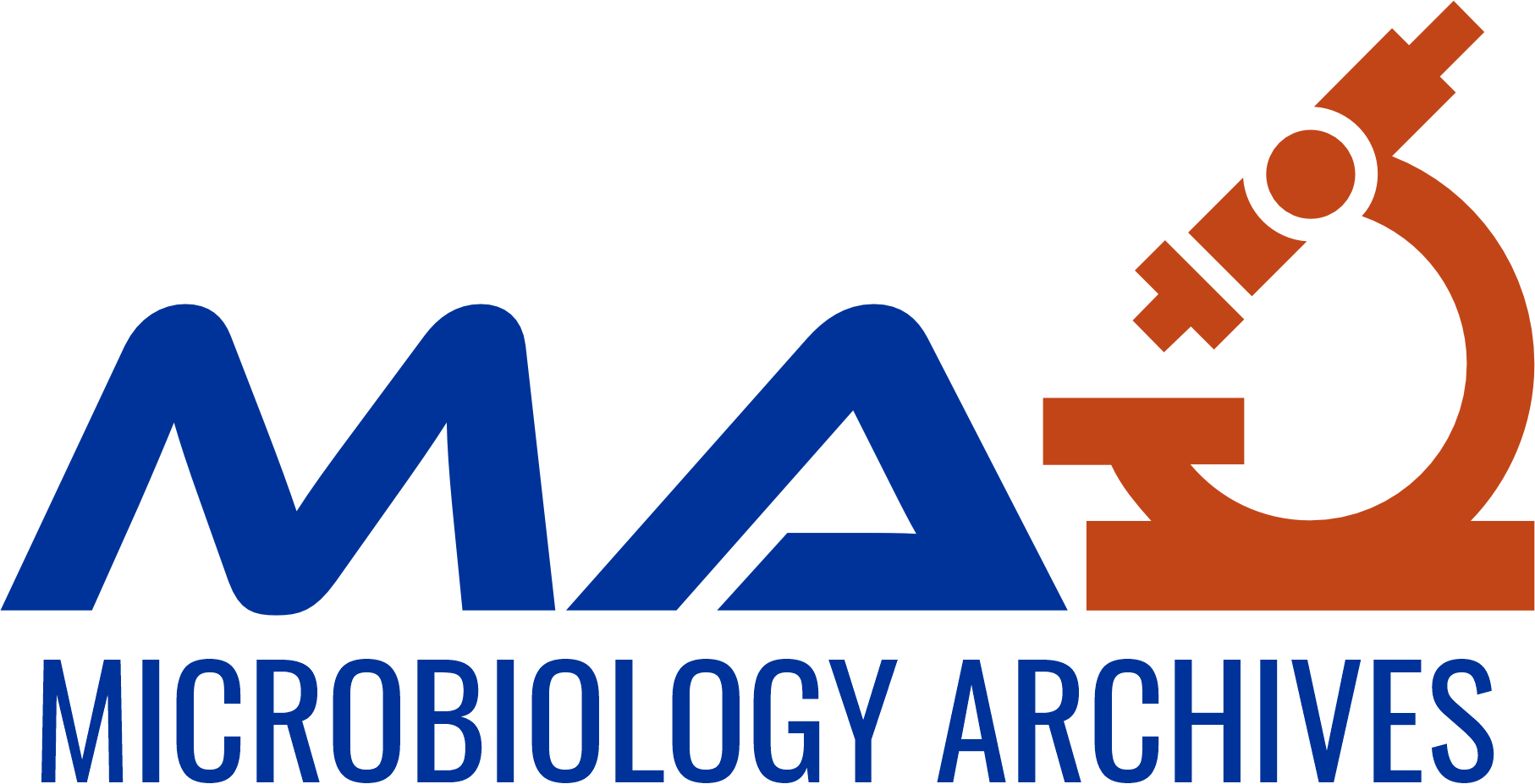The growing threat of antibiotic resistance has intensified the global search for alternative antimicrobial agents, particularly from natural sources. Ficussycamorus, a traditionally used medicinal plant in Nigeria and other developing countries, was investigated for its phytochemical constituents and antimicrobial potential. This study evaluated the phytochemical composition, antimicrobial activity, and minimum inhibitory concentrations (MIC) of various solvent extracts (ethanol, methanol, n-hexane, petroleum ether, and aqueous) of F. sycamorus leaves. Phytochemical screening revealed the presence of bioactive compounds such as tannins, alkaloids, steroids, glycosides, and flavonoids. Antimicrobial assays demonstrated that the crude extracts exhibited varying zones of inhibition against selected pathogenic bacteria (Staphylococcus aureus, Escherichia coli, Pseudomonas aeruginosa) and fungi (Penicilliumchrysogenum, Aspergillus fumigatus). The MIC values ranged from 125 to 500 µg/mL, with ethanol and methanol extracts showing higher antimicrobial efficacy. These findings suggest that F. sycamorus possesses promising antimicrobial properties and may serve as a potential source for novel plant-based therapeutics.
